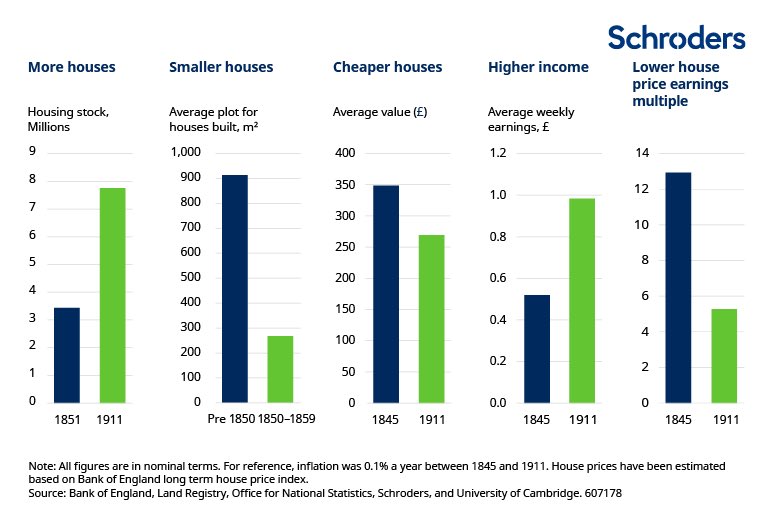1/6 Four perils for #PrivateEquity today-or are they?
1. Recessions are bad, right?
Nope. Funds raised in recession years have done very well. Capital is deployed over several years so get to pick up assets at beaten up prices, and sell later in recovery phase
#SuperReturn
1. Recessions are bad, right?
Nope. Funds raised in recession years have done very well. Capital is deployed over several years so get to pick up assets at beaten up prices, and sell later in recovery phase
#SuperReturn

2/6
2. Stagflation is worse though?
For some sectors yes but not all (based on analysis of public market sectors). Some could do well
- healthcare
- consumer durables
- anything that can save companies money (e.g. some business services)
2. Stagflation is worse though?
For some sectors yes but not all (based on analysis of public market sectors). Some could do well
- healthcare
- consumer durables
- anything that can save companies money (e.g. some business services)

3/6
3. Closure of exit windows (IPOs, corporate M&A) is a challenge
But could lead to a rise in secondaries. Both GP-led (where sell to another vehicle run by the same GP), and traditional LP-led (where an LP sells their stake to another LP) likely to rise
3. Closure of exit windows (IPOs, corporate M&A) is a challenge
But could lead to a rise in secondaries. Both GP-led (where sell to another vehicle run by the same GP), and traditional LP-led (where an LP sells their stake to another LP) likely to rise

4/6
4. Will fundraising excesses come home to roost?
Risk for some areas-especially late stage venture, where $$$ raised has been 🔥
-> led to nearly 10x increase in late stage company valuations in last 5yrs 😬
Early stage fundraising more contained, valuation rise less nuts

4. Will fundraising excesses come home to roost?
Risk for some areas-especially late stage venture, where $$$ raised has been 🔥
-> led to nearly 10x increase in late stage company valuations in last 5yrs 😬
Early stage fundraising more contained, valuation rise less nuts


5/6
Similar story for buyouts. Large buyout fundraising ran hot but small/mid buyouts didn’t
-> small buyout valuations have been more stable
Similar story for buyouts. Large buyout fundraising ran hot but small/mid buyouts didn’t
-> small buyout valuations have been more stable

6/6
Private equity isn’t immune to forces buffeting public markets
But some parts of the industry could prove more resilient, and may even thrive
Read on for more details:
schroders.com/en/uk/tp/marke…
Private equity isn’t immune to forces buffeting public markets
But some parts of the industry could prove more resilient, and may even thrive
Read on for more details:
schroders.com/en/uk/tp/marke…
• • •
Missing some Tweet in this thread? You can try to
force a refresh

















